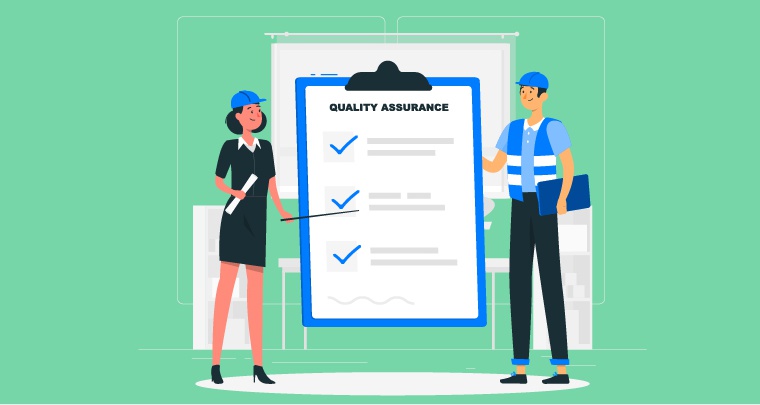Specialist Spotlight: Tips for Translating Financial Documentations During Reporting Period
January 4, 2023
The beginning of the year is the busiest time for us in INTLINGO. Every January to March, we have to take on the translation of annual reports (ARs) and related documentations for numerous listed companies. This challenge comes with huge responsibilities since documents to be translated during the reporting period contain valuable information of the company that await to be disclosed to the world. How do our language experts get financial documentations efficiently translated in this critical period? Here are some tips for producing quality translations in a tight schedule.
Reference is the key
Translation quality encompasses many aspects, such as linguistic correctness, accuracy and correct use of terminology. In the case of capital market documents, especially financial reports, consistency with other materials has to be included as one of those aspects. Therefore, the absolute first step to take before actually putting your hands to rendering ARs is to find interim report of the same year or AR of the previous year for reference which ensures uniform corporate language since there are often technical terms, company-specific terminology and commonly used words.
Mark shell – the weapon that helps you race against time
During the reporting period when bulk printing dates of different clients may be very close to one another, financial translators have to take on multiple jobs simultaneously with similar turnaround times. Can you imagine how frustrating it would be to find out there was already a perfect translation of the exact text to take reference from after you have spent enormous time and effort in rendering a paragraph? To avoid this from happening, translators should compile “mark shells” before kicking off the actual translation process. “Mark shell” is a translation jargon, meaning a semi-finished product that linguists prepare by putting translations of columns and parts which are likely identical and standard in all reports of that specific company, such as group structure and company profile by taking reference from previous publications. Only the updated parts of the report will undergo the actual translation process, ensuring speediness.
Never underestimate the importance of glossaries and style guides
Some may think that there is nothing you can’t find with the powerful search engines like Google nowadays, while this may be true sometimes, it does not ensure the results you found are appropriate in all contexts. And that rings true for translation as well. There might be standard terms that are specific to certain companies, such as product names that must be consistent throughout the document. When large volumes arrive in a short timeframe, preparing glossaries and style guides beforehand can significantly save time for amending inconsistencies during the editing and proofreading stages.


